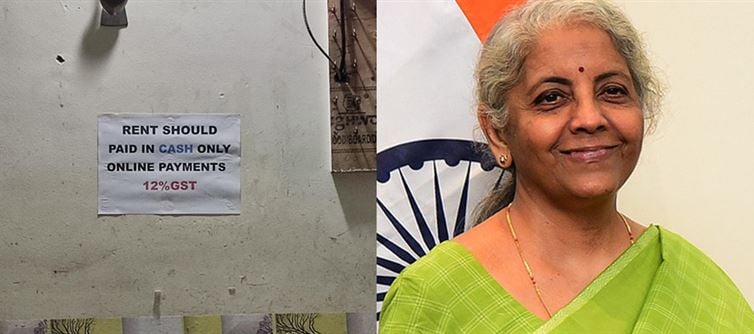
Recognizing the impact on long-term residents, the government introduced a new relief measure from 15 July 2024 under entry 12AA of Notification No. 12/2017-CT(R). As per this provision, if a person stays for at least 90 consecutive days and the cost does not exceed ₹20,000 per month per individual, the accommodation is exempt from GST. However, this exemption is not automatic — the occupant must provide sufficient proof of stay duration and charges. Shorter stays or higher monthly rates remain taxable at 12%, in line with earlier legal interpretations such as the karnataka AAR’s ruling that PGs and hostels are not “residential dwellings” for GST purposes.
In practice, many tenants have reported discrepancies in how PGs and hostels handle GST. Some operators levy GST even when exemptions could apply, while others demand cash-only payments to avoid issuing invoices altogether. If a PG is GST-registered, it is legally required to collect the tax, issue proper tax invoices, and remit the amount to the government. Cash-only demands can be a red flag, potentially indicating tax evasion and unreported income. For tenants, ensuring transparent billing not only safeguards their rights but also helps them avail lawful exemptions where applicable.




 click and follow Indiaherald WhatsApp channel
click and follow Indiaherald WhatsApp channel